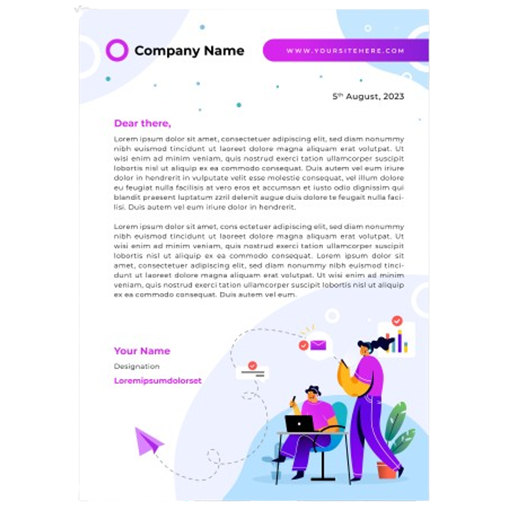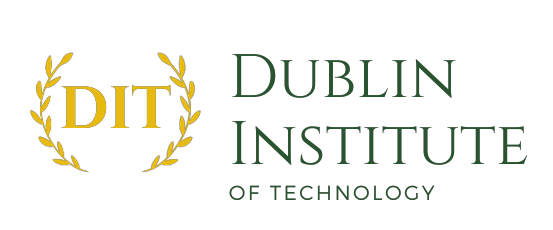4 to 6 Months
Online + Offline
15 Students Only Batch Size
Anyone
Beginner to Advance Training















Data science is a multidisciplinary field, blending statistics, mathematics, computer science, and domain expertise. It focuses on collecting, cleaning, processing, analyzing, and visualizing large datasets to make informed decisions and solve real-world problems.
Covering probability basics, laws, random variables, distributions, Central Limit Theorem, hypothesis testing, Bayesian Inference, Markov Chains, Monte Carlo Simulations, and their relevance in machine learning. Topics include descriptive statistics, probability distributions, inferential statistics, hypothesis testing, regression, correlation, experimental design, A/B testing, and time series analysis.
Learn Python essentials, including setup with IDEs like IDLE and VSCode, working with local development environments and PyCharm. Topics cover numbers, arithmetic, printing, operators, strings, variables, input handling, conditionals, booleans, lists, loops (for and while), dictionaries, functions, split/join/slice operations, files, directories, paths, CSV data manipulation with Pandas, comprehensions, first-class functions, lambda expressions, imports, mapping, filtering, and code organization with iterators and generators.
Initiate your journey with data science by first installing and setting up Anaconda Python and Jupyter for a seamless environment. Dive into the fundamentals of NumPy, covering array creation, indexing, slicing, and essential functions, along with reshaping arrays. Continue with an introduction to Pandas, understanding data structures, DataFrame operations, data loading/saving, and essential manipulations. Explore the basics of Matplotlib and Seaborn for creating various plots and visualizations.
Transition to practical applications with an analysis on a dataset, forming hypotheses and engaging in data preprocessing and wrangling. Learn key techniques for data collection, exploration, and handling missing values, outliers, and data cleaning. Delve into feature engineering, covering data transformation, splitting, scaling, integration, reduction, and aggregation. Understand additional techniques such as binning, encoding categorical data, handling text data through preprocessing, and managing date, time, and geospatial data for a comprehensive data science skill set.
Introduction to Machine Learning.Supervised Learning and Unsupervised Learning,Linear Regression,Feature Engineering and Data Preparation,Logistic Regression,Logistic Regression Model,Binary Logistic Regression,Multi-Class Logistic Regression,KNN - K Nearest Neighbours,KNN for Classification,KNN for Regression,Support Vector Machines,SVM for Classification, Regression
Tree Based Methods,Decision Trees,Random Forests,Gradient Boosting,Random Forests,Random Forest Model,Random Forest for Classification & Regression,BoostingMethods,AdaBoost,Gradient Boosting,XGBoost (Extreme GradientBoosting),Naive Bayes Classification,Naive Bayes Variants,Gaussian Naive Bayes,Multinomial Naive Bayes,Bernoulli Naive Bayes,Apply different supervised machine learning techniques to find out the result on the based conditions from the preprocessed dataset K-means Clustering,K-means Model,Hierarchical Clustering,Hierarchical Clustering Model,DBSCAN - Density-based spatial clustering of applications with noise,DBSCAN Model,PCA - Principal Component Analysis and Manifold Techniques,PCA Model,Manifold Learning Techniques,Model Deployment - finally on the dataset apply the ML and make the model fit for the dataset.
Introduction to Artificial Intelligence,Introduction to Deep Learning - significance, applications, trends,Introduction to Neural Networks - neurons, layers, activation functions,Implementing basic activation functions and neuron operations.
Basic Activation Functions,Neural Network Architecture,Weight Initialization Strategies,Forward Propagation,Backpropagation,Building a simple feedforward neural network with backpropagation. Implementing weight updates using gradient descent,Loss Functions,Regularization,Application in CNNs,Implementing different loss functions and optimization techniques. Adding regularization and dropout to a neural network.
MLPs, activation
functions, hyperparameter tuning, optimization techniques,
implementing MLPs with TensorFlow/Keras, fine-tuning for
optimal performance. Advanced MLPs, TensorFlow basics, CNNs,
implementing CNN layers with TensorFlow/Keras, constructing CNN
architecture, pooling layers, transfer learning, pre-trained
models, and fine-tuning CNNs,Introduction to sequence models,
importance, and applications of sequence data. Basics of
sequence modeling, Hidden Markov Models (HMMs), implementing a
simple Markov chain model for text prediction, creating a basic
HMM for sequence generation.
Introduction to Recurrent Neural Networks (RNNs), implementing
a basic RNN model with TensorFlow/PyTorch, creating an
LSTM-based sequence generator, Gated Recurrent Units (GRUs).
Building a sequence classifier using RNNs or GRUs and training
an RNN/GRU for sentiment analysis.Self-attention and multi-head
attention, exploring self-attention mechanisms, calculating
attention scores. Multi-head attention and combining multiple
attention heads. Advanced Transformers and BERT, introduction
to BERT, pretraining, and fine-tuning of BERT, applications in
NLP.
Uncover NLP
essentials—text processing basics, preprocessing techniques,
and Python libraries like NLTK and spaCy. Explore text
representation, featuring Bag-of-Words, TF-IDF, and word
embeddings, alongside distributed word representations. Move to
sentiment analysis, introducing pipelines and supervised text
classification with evaluation metrics.
Transition to sequence labeling, NER, POS tagging, and grammar
parsing, incorporating HMMs and dependency parsing. Delve into
text generation, language models, and challenges of N-gram
models. Navigate through RNNs, LSTMs, and WSD with WordNet.
Explore machine translation and NMT.
In the realm of Computer Vision, grasp image basics,
manipulation with Python libraries, and ML-based image
classification. Progress to keypoint detectors, descriptors,
and CNN understanding. Learn CNN architecture, transfer
learning, and fine-tuning for customized image classification.
Discover object detection methods, modern techniques, and
segmentation with U-Net. Unveil Mask R-CNN for combined
detection and segmentation. Explore GANs, comprehend their
architecture, applications, and ethical considerations.
Conclude with advanced techniques—image super-resolution,
neural style transfer, and insights into Deep Fakes' risks and
ethical concerns.
Building Multiple Complete Data Science Projects. Building a Machine Learning Project with Data Sets. Building Real world AI projects Mastering Group Discussions. Mastering Personal Interview Questions. Mock Interviews, Communication and Presentation Skills. Resume Building.





Once you have completed the course, assignments, exercise and submit the projects you will be able to generate the certificate and be eligible for placements
Note: Internship letter and global certifications will be issued exclusively upon the successful completion and submission of 80% of the projects and assignments.


Our Students and curriculum have been trusted by over 500+ companies across India

